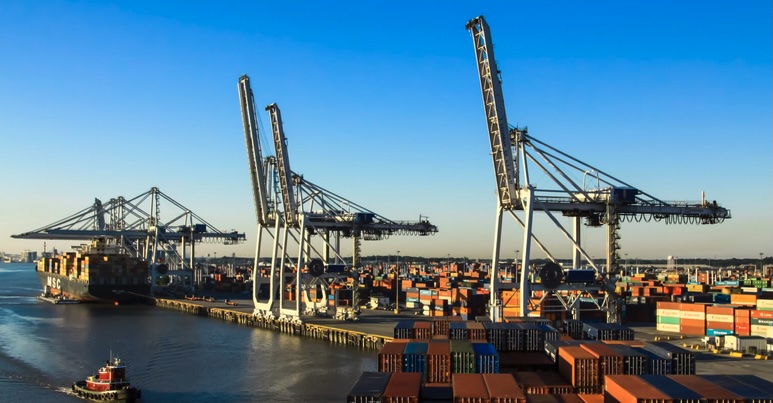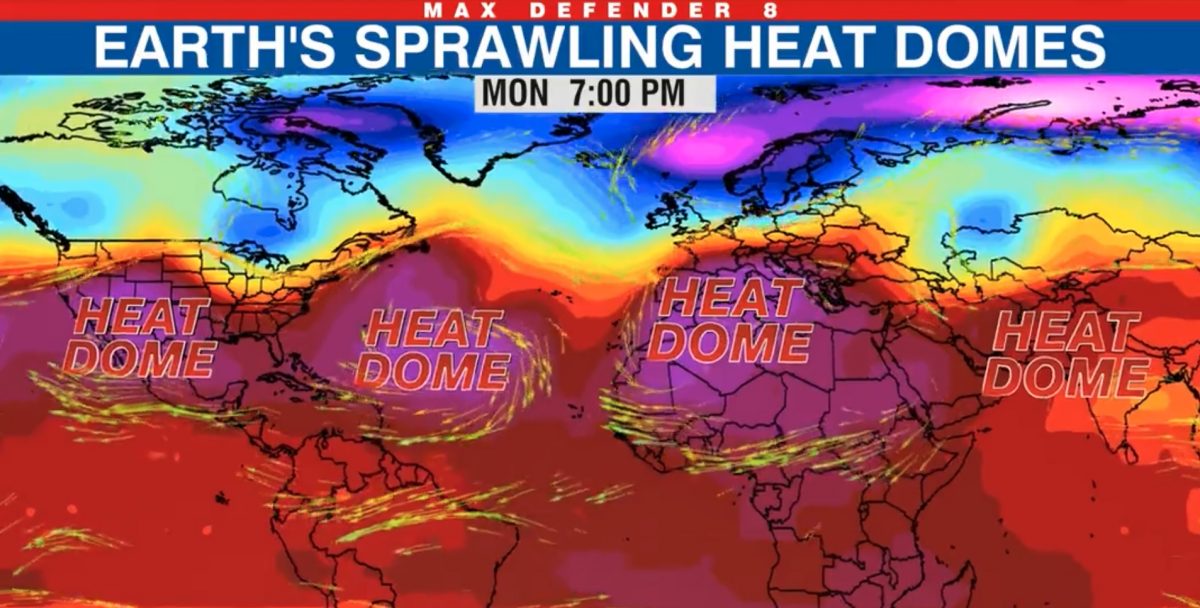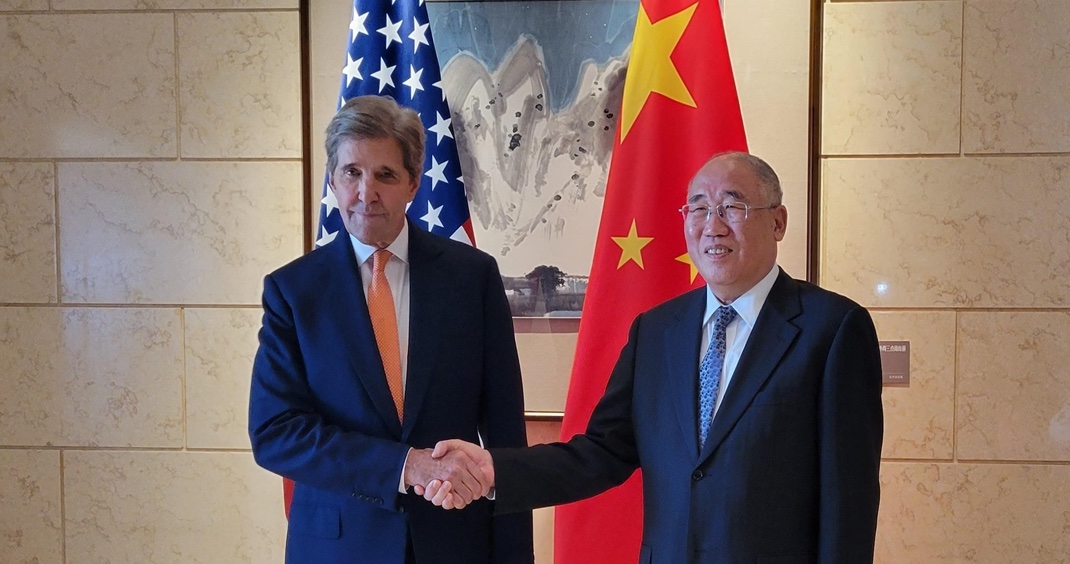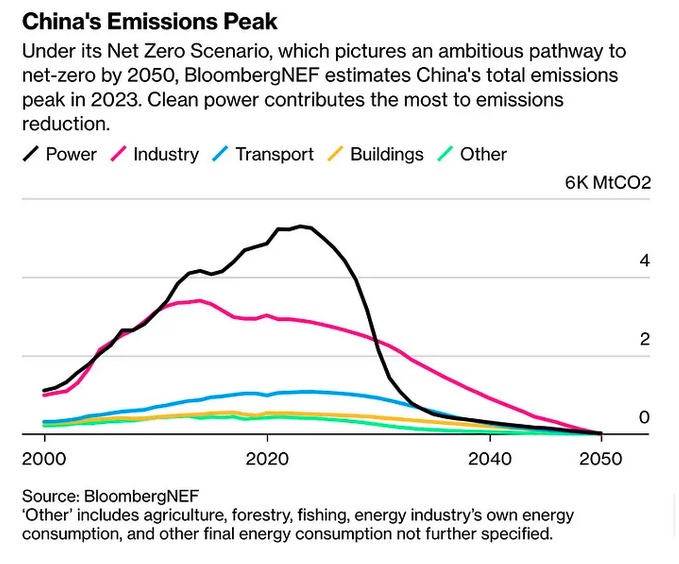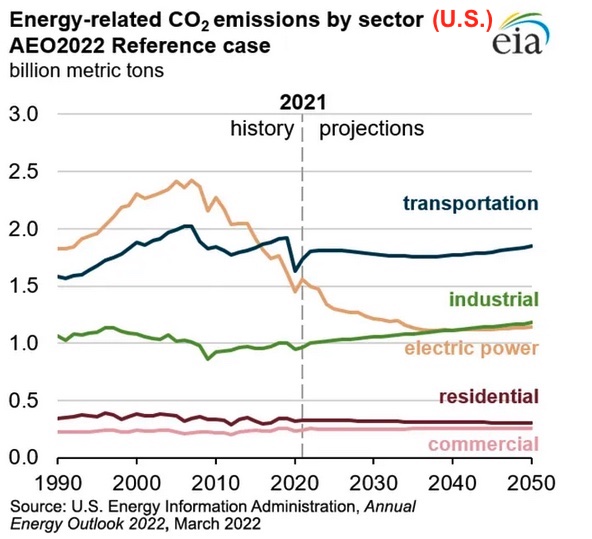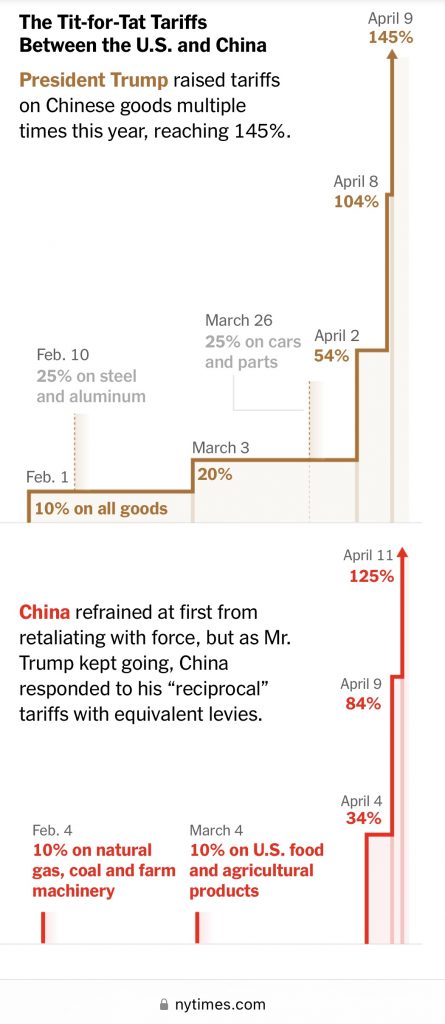
On April 2, Pres. Trump launched a super-harsh economic “war” against China, slapping on the country a harsh initial round of his tariffs that by April 9, after two rounds of reciprocal raises, had reached the level of 145%. By April 11, China’s reciprocals had reached 125%, and Beijing also announced a ban on exports of a broad range of rare-earth minerals and their derivatives.
Trump said throughout that he was waiting for China– and all the other countries on which, with extreme folly, he had also slapped tariffs of a range of harshness– to call him and start negotiating. Pres. Xi didn’t call. Trump blinked first and early, saying Oops he wanted to exempt computers and iPhones. But he also announced punishing new fees on all China-linked vessels to use U.S. ports.
Pres. Xi still hasn’t called, while there are several signs that Trump is increasingly eager to pick up the phone himself and start offering non-trivial concessions.
The two countries are thus far in an economic-warfare standoff that, as many participants in the IMF/World Bank’s Spring Meetings this week have warned, threatens to plunge the U.S. economy and a large chunk of the rest of the world economy into a deep recession.
I thought it would be a good time to take a deep dive into what China’s manufacturing and international-trading capabilities (and vulnerabilities) actually are…
But the journey I took in order to explore those topics took me to some extremely intriguing areas I had not expected when I first set out…
Continue reading “China displays its chops in tech, mil-tech, manufacturing– and even political philosophy…”
